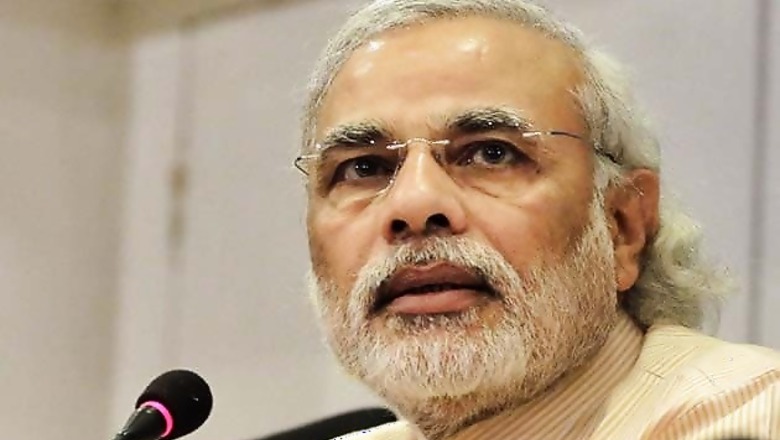
views
Washington: Praising the decisive leadership style of Prime Minister Narendra Modi on both the domestic and foreign policy fronts, a top American spy official told lawmakers here that India under Modi would work more closely with the US on security, terrorism and economic issues, despite maintaining an independent foreign policy.
"Prime Minister Narendra Modi's decisive leadership style, combined with the 2014 election of an absolute majority in the lower house of Parliament of his Bharatiya Janata Party (BJP), will enable more decisive Indian decision making on domestic and foreign policy," James R Clapper, Director of National Intelligence during a Congressional hearing.
"Although India has a long-standing position that it maintain an independent policy, Modi will probably seek to work more closely with the United States on security, terrorism, and economic issues," Clapper said in his testimony on "World Threat Assessment of the US Intelligence Community" before the Senate Armed Services Committee.
India wants to maintain a stable peace with Pakistan but views Pakistan as a direct terrorism threat and a regional source of instability, he said.
India is concerned about the stability of Afghanistan and its own presence there following the drawdown of international forces and is looking for options to blunt the influence of Pakistan-supported groups and ensure that Afghanistan does not revert to a haven for anti-Indian terrorists, he added.
"Indian leaders will almost certainly pursue stronger economic ties with China that support the government's economic agenda of closing the trade gap and attracting investment in infrastructure," he said.
"New Delhi's concern over perceived Chinese aggressiveness along the disputed border and in the Indian Ocean is probably growing in light of border incidents and the visit of a Chinese submarine to Sri Lanka in 2014," Clapper said.
Testifying before the same committee, Lt Gen Vincent Stewart, Director of the Defense Intelligence Agency, said India is in the midst of a major military modernisation effort to address problems with its ageing equipment and to better posture itself to defend against both Pakistan and China.
"New Delhi is working to address impediments to modernisation, such as its cumbersome procurement process, budget constraints, and an inefficient domestic defence industry," he said.
"India's relationship with Pakistan remains strained, marked by periodic skirmishes on or near the Line of Control that separates Indian and Pakistani Kashmir, resulting in the highest number of civilian casualties since 2003. Occasional unofficial Track-II dialogue resulted in little progress in resolving bilateral disputes," Stewart said.
New Delhi and Beijing maintain limited military-to- military engagement and continue to discuss their longstanding border dispute, despite occasional altercations between troops patrolling the border, he said.
India's concern over increased Chinese activity in South Asia has pushed New Delhi to base advanced fighter aircraft and to raise additional ground forces opposite the China border, he said, adding that India continues to conduct periodic tests of its nuclear-capable missiles to enhance and verify missile reliability and capabilities.
"India will continue developing an ICBM, the Agni-VI, which will reportedly carry multiple warheads, and is working on the development of several variants of a submarine-launched ballistic missile," Stewart said.










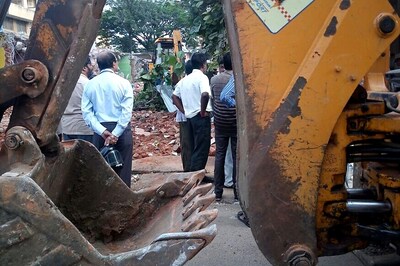
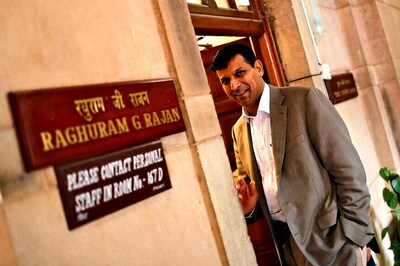
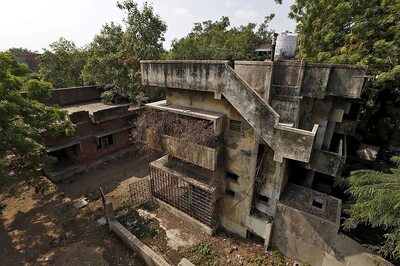





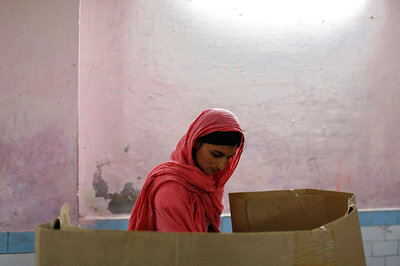

Comments
0 comment